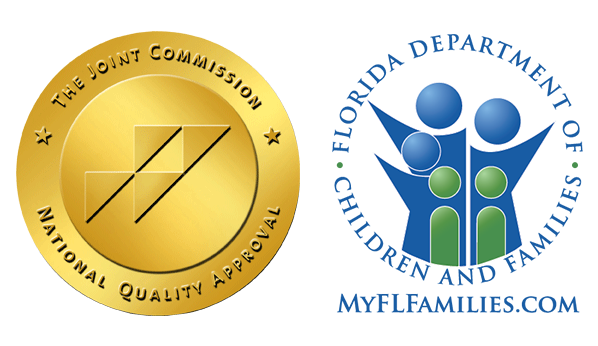Expressing gratitude and reminding ourselves of the people, places, and experiences in our lives that we are thankful for can positively impact our mental health. Not only can this reduce stress, but it can help us feel more resilient in the face of challenges and enables us to strengthen our relationships with other people.
Gratitude additionally helps to engender a more positive outlook on life, which makes maintaining recovery easier. It also motivates many people to continue in their life-long recovery journey.
In the past, you may have felt overcome with negative feelings and thoughts, and it may feel difficult to feel grateful, but step by step, this mindset shift will come, even if it comes slowly. After all, counteracting common feelings of guilt, shame, and negativity with gratitude is healthy and helps you stay in control of your emotions.
As November is National Gratitude Month, now is a great time to start incorporating gratitude into your life.
What Is Gratitude?
Gratitude is the state of being appreciative and thankful for something or someone. Although you can, of course, be grateful for a materialistic item in your life, gratitude also, and perhaps more significantly, encompasses:
- People
- Opportunities
- Relationships
- Conversations
- Emotions
- States of being
Gratitude And Addiction
There is evidence to suggest that gratitude reduces stress. As one of the primary triggers for relapse and addiction, the less stress we feel, the greater the chance of maintaining sobriety.
Gratitude can help form stronger relationships and create social networks, which, in turn, help to reinforce confidence and support during recovery.
Moreover, gratitude promotes feelings of positivity and warmth towards both yourself and those around you. Often, this helps many people feel as though they can achieve things and beat their addiction.
How To Incorporate Gratitude Into Your Life
The great news is that practicing gratitude is free, effective, and can be incorporated into your daily routine.
Generally regarded as the leading expert in gratitude study, Robert Emmons, professor of psychology at The University of California, believes that gratitude during hard times is essential.
Below, we have shared several ways to incorporate gratitude into your life and outlined the power of gratitude in recovery.
Take a Moment To Appreciate
A gratitude practice can be as simple as taking a moment out of your day to think about things you are thankful for. Perhaps this could be a chat with a good friend or the smell of fresh washing.
Being in the present moment and thinking mindfully about the things around you which you are grateful for is a simple and effective way to incorporate a gratitude practice into your day.
A good way to start could be to think of three things, no matter how small, that you are grateful for when you wake up. It could be the thought or the taste of coffee. It could even be the comfort of your bed. This will set your day off to a positive start and is achievable irrespective of your mood.
Do Things for Others
Writing a letter of gratitude to someone you are grateful for but have never told them is another suitable way to practice gratitude. This has a double-sided effect of benefiting both you and the other person as it can create a strong bond and deep feelings of happiness.
It will also help to create stronger relationships with others and lessen feelings of isolation.
Make a Gratitude List
Starting each day by noting all the things you are grateful for can help you appreciate a wide range of external factors. If it feels overwhelming or you get stuck thinking of more significant things to be grateful for, that’s fine! Noticing the small things in life is equally important.
Putting these things on a page as a writing exercise can be beneficial as it will provide you with the opportunity to read back over everything you are grateful for when you are having a bad day. Often, this can act as a gentle reminder that everything will be okay and every cloud has a silver lining.
Through practicing gratitude, you can start to restructure memories of stressful, sad, or unpleasant events. In doing so, you can alleviate the uncomfortable impact they may have and appreciate the present. Not only will this help you develop your psychological immune system, but it will make you more resilient when faced with stressful times during your recovery. In turn, this will decrease the chances of relapse.











